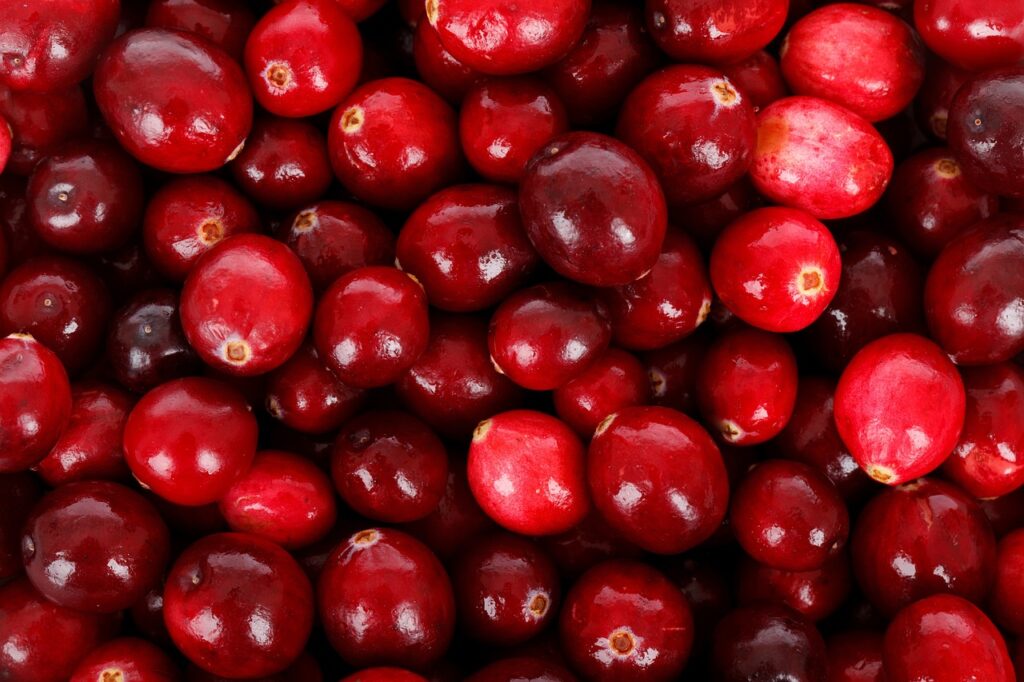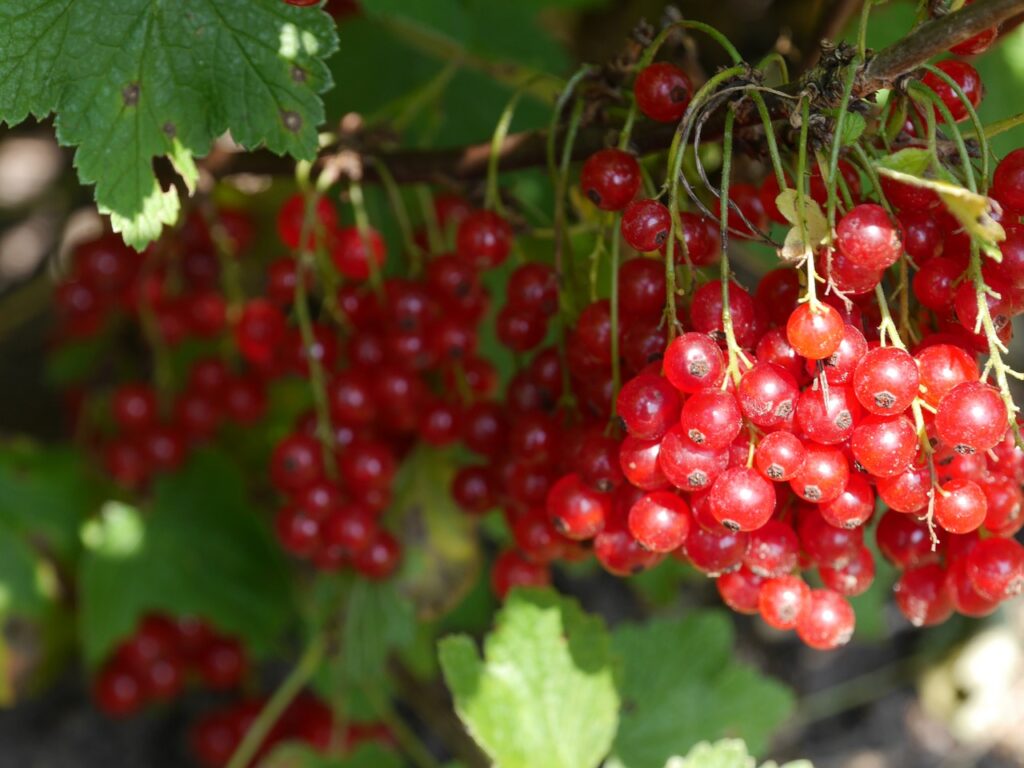Cranberries, those tart and tangy little fruits, are a popular holiday staple. But did you know they can also be a healthy treat for your goats? While not a dietary cornerstone, cranberries offer a delightful and nutritious addition to a goat’s diet when offered in moderation.
This detailed FAQ highlights everything you need to know about feeding cranberries to your goats, addressing common questions and providing valuable feeding tips.
Can Goats Eat Cranberries?
Yes, goats can safely eat cranberries in moderation. These little fruits offer a good source of vitamins, antioxidants, and fiber, all beneficial for your goat’s health.
Are Cranberries Good for Goats?
Cranberries boast several health benefits for goats, including:
- Vitamins and Minerals: Cranberries are a good source of vitamin C, essential for immune function and collagen production. They also contain manganese, which aids in metabolism and bone health.
- Antioxidants: Cranberries are packed with antioxidants that help fight free radicals, protecting cells from damage and potentially reducing the risk of chronic diseases.
- Fiber: Cranberries provide a moderate amount of dietary fiber, which aids digestion and promotes gut health.
However, it’s important to remember that cranberries should not be a primary food source for goats. Their diet should primarily consist of hay, browse (leaves and twigs), and high-quality goat feed formulated to meet their specific nutritional needs.

Can Baby Goats Eat Cranberries?
No, it’s best to wait until a baby goat’s rumen, a specialized stomach compartment responsible for digesting complex plant matter, is fully developed before introducing cranberries. This typically occurs around 3-4 months of age. Their digestive system is still developing during the first few months, and cranberries might be too difficult for them to digest properly.
How Many Cranberries Can a Goat Eat?
The amount of cranberries you can offer your goat depends on its size and overall diet. As a general rule of thumb, a small handful (around 1/4 cup) is a good starting point for a full-sized adult goat. It’s always best to introduce new foods slowly and monitor your goat for any signs of digestive upset like diarrhea or bloating.
Can Goats Eat Dried Cranberries?
Yes, goats can eat dried cranberries, but with some important considerations. Dried cranberries are much more concentrated in sugar than fresh cranberries. Due to this, offer them in even smaller quantities than fresh cranberries. Remember, too much sugar can lead to health problems in goats.
Can Goats Eat Cranberry Sauce?
Absolutely not! Cranberry sauce is a big no-no for goats. It’s typically loaded with added sugar, which is unhealthy for goats, and may contain spices like nutmeg or cloves that are toxic to them. Stick to fresh or dried cranberries for safe and healthy treats.
Feeding Tips for Cranberries and Goats:
- Introduce Slowly: Whenever introducing a new food, including cranberries, start with a very small amount and gradually increase the quantity over several days. This allows your goat’s digestive system to adjust and prevents potential digestive upset.
- Fresh vs. Dried: Fresh cranberries are generally the better option due to their lower sugar content. However, dried cranberries can be offered occasionally in very small quantities.
- Monitor for Bloating: Cranberries can contribute to bloating if eaten in excess. Pay close attention to your goat after introducing cranberries and adjust the amount offered if you notice any bloating.
- Water is Key: Cranberries have a high water content, but they should never replace access to clean, fresh water at all times.
- Individual Preferences: Like humans, goats have individual taste preferences. Some goats may love the tartness of cranberries, while others may not be interested.
Safety Considerations:
While cranberries are generally safe for goats in moderation, there are a few things to keep in mind:
- Cranberry Leaves: Cranberry leaves can be toxic to goats. Ensure you’re only offering the fruit portion of the cranberry.
- UTIs: While cranberries have been associated with urinary tract health benefits in humans, the research on their effectiveness in goats is limited. Consult your veterinarian before offering cranberries to goats with UTIs.
- Overconsumption: Too many cranberries can lead to digestive upset and bloating. Always offer them in moderation and monitor your goat closely.
Signs of Cranberry Poisoning in Goats:
If you suspect your goat may have consumed too many cranberries or cranberry leaves, be aware of these potential signs of poisoning:
- Lethargy
- Diarrhea
- Weakness
- Loss of appetite
- Difficulty breathing
If you notice any of these signs, contact your veterinarian immediately.

Cranberries and Goat Health:
- Natural Dewormer? There is no scientific evidence to support the claim that cranberries act as a natural dewormer for goats. While cranberries may have some urinary tract health benefits, they are not a replacement for proper deworming practices recommended by your veterinarian.
- General Goat Care:
- A healthy goat diet is essential for their overall well-being. Here are some key points to remember:
- Balanced Diet: A goat’s diet should consist primarily of high-quality hay (around 70-80% of their daily intake), browse (leaves and twigs), and commercially formulated goat feed that meets their specific nutritional needs.
- Hay Quality: Hay is the cornerstone of a goat’s diet, so ensure it’s fresh, dust-free, and appropriate for your goat’s age and breed.
- Browse: Goats enjoy browsing on a variety of leaves and twigs. However, ensure the browse comes from safe, non-toxic plants like willow, maple, or aspen. Avoid browse from poisonous plants like rhododendron or cherry laurel.
- Goat Feed: Commercially formulated goat feed provides essential vitamins and minerals that may not be present in sufficient quantities in hay or browse alone. Choose a feed specifically designed for goats and follow the feeding guidelines on the packaging.
- Fresh Water: Clean, fresh water should be readily available to goats at all times. They need access to water for proper hydration, digestion, and overall health.
Alternative Treats for Goats:
While cranberries can be a delightful occasional treat, here are some other healthy options to consider for your goats:
- Fruits: Apples, pears, bananas (in moderation) are all good choices. However, avoid citrus fruits and any fruits with pits or seeds that can be choking hazards.
- Vegetables: Goats can enjoy a variety of vegetables like carrots, beets, squash, and leafy greens. Avoid giving them vegetables from the nightshade family, such as potatoes, tomatoes, and eggplants, as these can be toxic.
- Grains: Small amounts of whole grains like oats or barley can be offered as an occasional treat. However, be mindful of the sugar content in grains and avoid overfeeding.
Growing Cranberries for Goats:
If you’re interested in growing your own cranberries for your goats, here are some things to consider:
- Cranberry Growing Conditions: Cranberries thrive in specific environments with acidic, moist soil and cool temperatures. Research the specific needs of cranberry plants in your area before planting.
- Time Commitment: Cranberry bushes take several years to mature and produce fruit. Be prepared for a long-term investment if you choose to grow your own cranberries.
- Alternatives: Given the specific growing requirements and time commitment, purchasing cranberries from a store may be a more practical option for most goat owners.
Conclusion:
Cranberries can be a delicious and nutritious addition to your goat’s diet when offered in moderation. By following the feeding tips and safety considerations outlined in this comprehensive FAQ, you can ensure your goats enjoy this tart treat without any health concerns. Remember, a balanced diet with proper hay, browse, and goat feed is essential for your goat’s overall health and well-being.
Additional Resources:
American Dairy Goat Association: https://adga.org/
National Goat Breeders Association: http://www.nigoragoats-angba.com/ANGBA_Goals.html
Cornell University Small Ruminant Extension: https://blogs.cornell.edu/smallruminantparasites/

